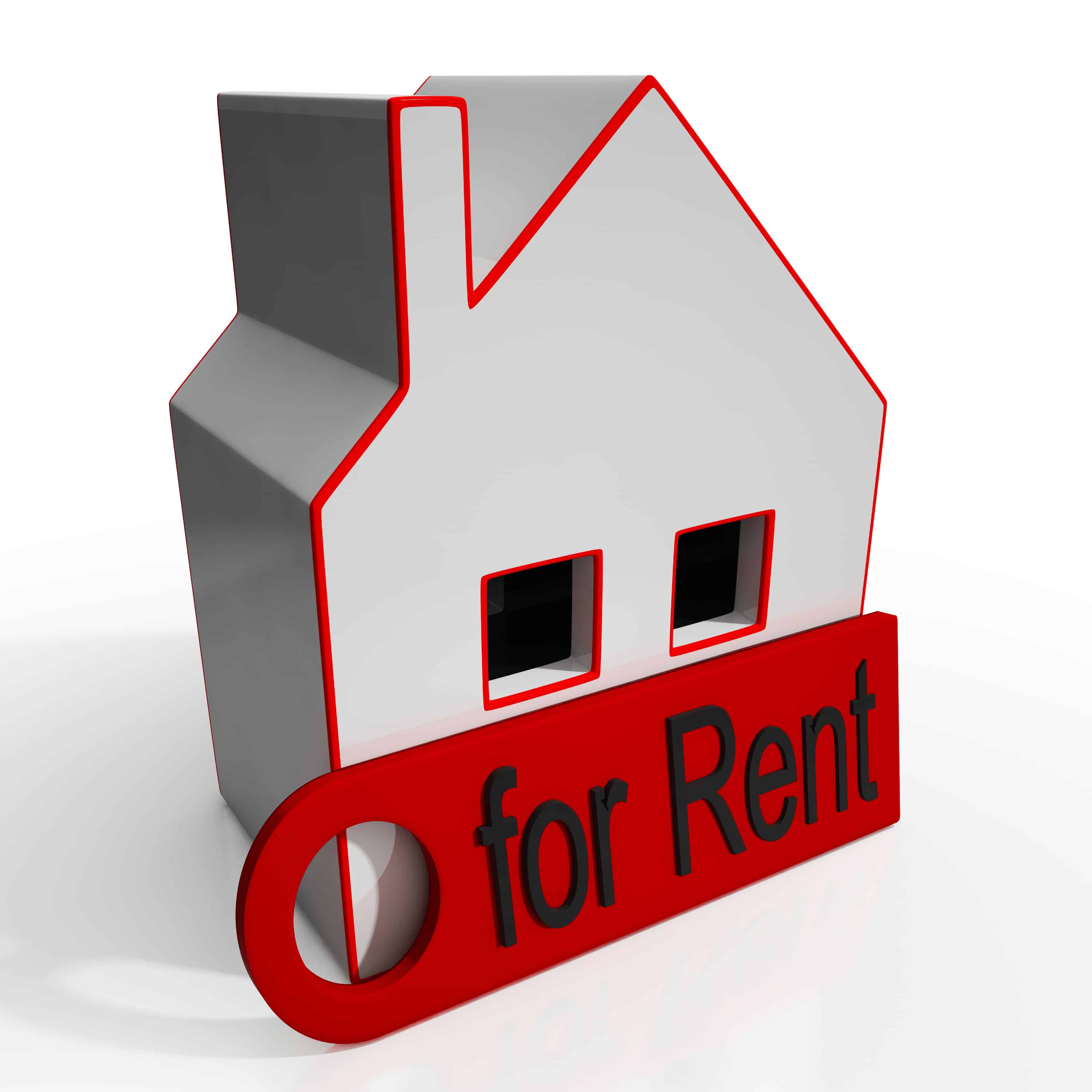Renting Out Your Home? Here Are Some Tax Rules

Some expenses are deductible from your rental income
First of all, if you rent your home out on a part-time basis — defined as 14 days per year or fewer — the following tax implications won’t apply to you. You can continue to claim the mortgage interest credit and otherwise treat the home as if it’s your full-time residence. Any rental income you earn in those 14 days or less will be tax-free.
As I mentioned, there is a pretty long list of expenses you can deduct from the rental income your home generates on IRS Schedule E. Basically, you can deduct all of the costs associated with owning, renting, and maintaining the property — other than the cost of the property itself. The list can include, but is not necessarily limited to:
- Mortgage interest.
- Property taxes.
- Condo or HOA fees.
- Insurance.
- Property management fees.
- Cleaning and maintenance costs.
- Pest control.
- Cost of repairs and supplies.
- Trash removal fees.
- Travel expenses (if the primary purpose of the trip is related to renting the property).
- Any utilities you pay.
- Yard maintenance.
Depreciation can be the most valuable deduction
In addition to the deductible items I mentioned earlier, landlords also get the benefit of depreciation. Essentially, this means you get to write off the entire value of the home (but not the land), but spread out over a number of years — 27 1/2, to be exact.
When you convert a home you lived in, your depreciation is based on either the cost of the home plus any improvements you’ve made or its current market value when it becomes a rental property. You’ll use the lesser of the two, divided by 27.5, to find your annual depreciation amount.
For example, if your home is worth $400,000 but you paid only $350,000, you’ll use the latter number to calculate the annual depreciation since it’s the lesser of the two. If your property appraisal shows the land’s value at $75,000, this means that you will use $275,000 as your depreciation basis, since it’s the depreciable value of the building (The $350,000 you paid for the home, minus the $75,000 land value). In this case, you’ll get to subtract $10,000 from your rental income per year for 27 1/2 years.
What if you have a loss after deductions and depreciation?
Most landlords who pay a mortgage end up with a net loss at the end of the year. Keep in mind that this isn’t an actual loss, since depreciation doesn’t represent an out-of-pocket expense. On the contrary, the value of the property should increase over time.
If your rental property does show a net loss, you can use up to $25,000 of losses to offset other income you have, subject to a modified adjusted gross income (MAGI) limitation of $100,000 for both single filers and married taxpayers filing jointly. (A partial deduction is available for MAGI up to $150,000.) In other words, if your rental property shows a net loss of $10,000 and your MAGI is $60,000, it reduces your MAGI to $50,000.
An example
Let’s say that I own a home and decided to rent it out when I moved, instead of trying to sell it. The home brings in $1,200 per month ($14,400 per year) in rental income, and had the following expenses this year:
- $4,000 in mortgage interest.
- $1,000 in property taxes.
- $1,000 in insurance.
- $1,440 in property management fees (10% of the rent).
- $2,000 in various maintenance and repairs.
- $500 in yard maintenance.
This adds up to $8,440 in deductible expenses, which brings my income down to $4,460 per year.
In addition, I paid $150,000 for the home, including improvements, and the market value when I started renting it was closer to $160,000. So, my basis for depreciation is $150,000, minus the land value of $20,000, which gives me a $130,000 depreciable amount, which translates to an annual deduction of $4,727. Subtracting this amount gives me a net loss of $267 for the year, which I can use to reduce my other taxable income.
When you sell
Finally, you need to know the tax implications when you eventually sell the property, which depend on how long you lived in it and how long you rented it out. If you lived in the home for at least two years and rented it out for no more than three years, you may be able to exclude up to $500,000 in gains from the sale from taxable income, since the home still meets the definition of a “principal residence.” However, if you don’t meet these criteria, any profits are subject to capital gains tax.
In addition, you’ll owe income tax on the amount you’ve claimed as depreciation throughout the years, which is actually taxed at your ordinary income tax rate, which is a higher rate than capital gains tax. This is true whether or not you qualify for the principal-residence exclusion.
The bottom line is that there are some pretty nice tax benefits for landlords, which can allow you to collect rental income without paying many, if any, taxes on it. If you’re thinking of renting out your home, the tax benefits are definitely worth taking into consideration.
Source: fool.com















 Accessibility
Accessibility